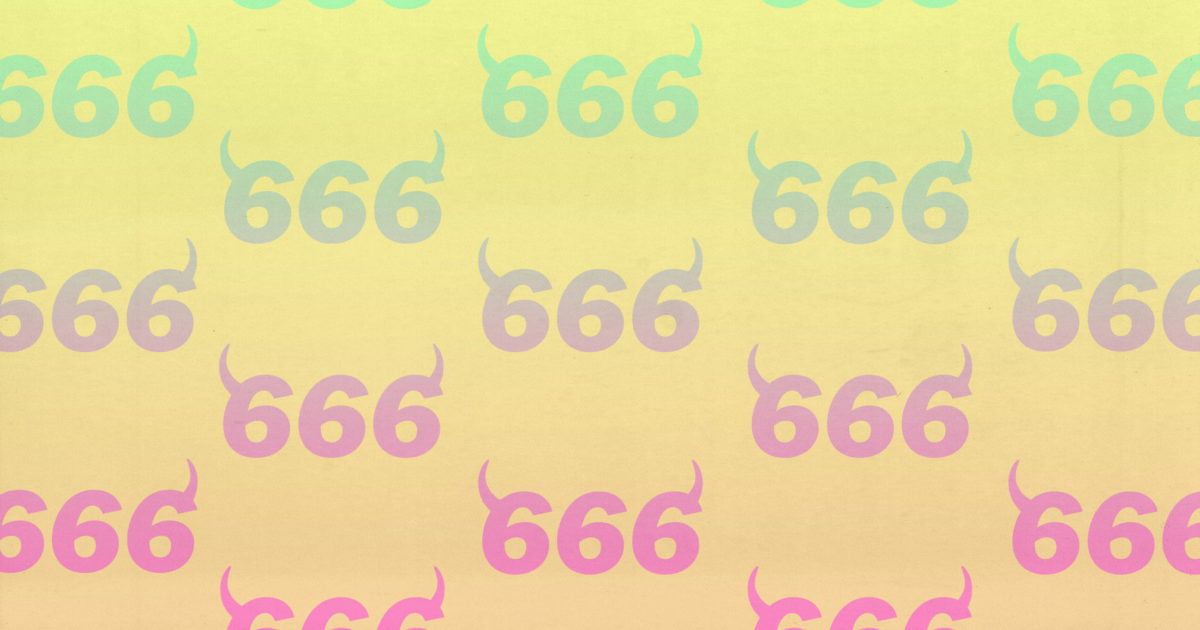According to Harris, the lyrics
constitute the narrative of someone who describes
something he initially considered a nightmare,
realizing in the end that what he experienced
it was not a nightmare but a reality.
The inspiration for his lyrics
song drew her from a nightmare that
had seen (has repeatedly stated that often
he is tormented by nightmares and they have given
inspiration for songs like “Infinite
Dreams ”and“ Dream Of Mirrors ”). Also source
The film "The Omen II" (1978) was also an inspiration. Like
influence Harris finally mentions the poem by Robert Burns (1759 - 1796)
"Tam‘ O Shanter: A Tale "(1790), which,
like the piece, describes the testimony of a ceremony and whose
atmosphere, according to Harris, exudes a fear of persecution which
wanted to reproduce.
In the lyrics of this song the victim is the narrator (and against
extension of humanity) and Satan is the ruler.
The introduction of the piece is a recomposition and not an exact quotation
paragraph of Revelation to which the footnote referring to
follows. The exact verse reads: “And I saw another beast coming up
from the earth, and had two horns resembling a lamb, but spoke like a dragon. And all
he exercises the power of the first beast before him. And he makes the earth and
those who live in it to worship the beast the first of which
his fatal wound was healed. And it makes miraculous signs great,
so that fire makes it descend to earth from heaven in front of them
people. And he deceives those who dwell on the earth because of them
miraculous signs he was given to do in front of the beast, saying
to those who dwell on the earth to make an image of the beast who has
the knife wound and lived. And he was given to give spirit to the image
of the beast, so that the image of the beast may roar and make those who do not
worship the image of the beast to be killed. And it does to everyone, to
young and old, rich and poor, and
free and to slaves, to give them a mark on the hand
their right or on their forehead. And no one can buy or
sell only whoever has the mark, ie the name of the beast or him
number of his name. Here's the wisdom: whoever has the mind let him count
beast number, because it is a human number. and its number is
six hundred and sixty six." (Revelation, 13:11).
According to Dickinson
, the Maiden asked Vincent Price
(1911 - 1993) to offer his vocals for its recording
import. Vincent Price was a well-known actor who lent
to several artists his voice for similar introductions. As such,
asked for the "prohibitive" amount of £ 25,000 for his services. In place
so they hired Barry Clayton, who was telling stories
terror on the British radio station Capitol and asked him to imitate
the style of Vincent Price. He later lent his voice to the series
"Count Duckula" (1988). The band
reused Clayton's voice in a commercial for the collection
"Somewhere Back In Time: The Best Of 1980-1989", which was screened
on the band's website in May 2008.
According to Dickinson, Birch had forced him to sing
the first four verses for three hours until he extracted the
execution he wanted. According to him, Harris wanted that scream
is heard in the song after the second quatrain reminiscent of the cry in
song "We Won't Get Fooled Again" by "We Won't Get Fooled Again"
album “Who’s Next” (1971) by The Who.
It was the second single of the album. In the video clip there are scenes from
various black and white horror movies. Those who have been recognized are “The
Return Of The Vampire ”(1944),“ Nosferatu ”
(1922), "Frankenstein Meets the Werewolf" ("Frankenstein Meets the Werewolf"
Werewolf ") (1943)," Gojira "(1954)," The Screaming Scull "(" The Skull that
Screams ") (1958).

